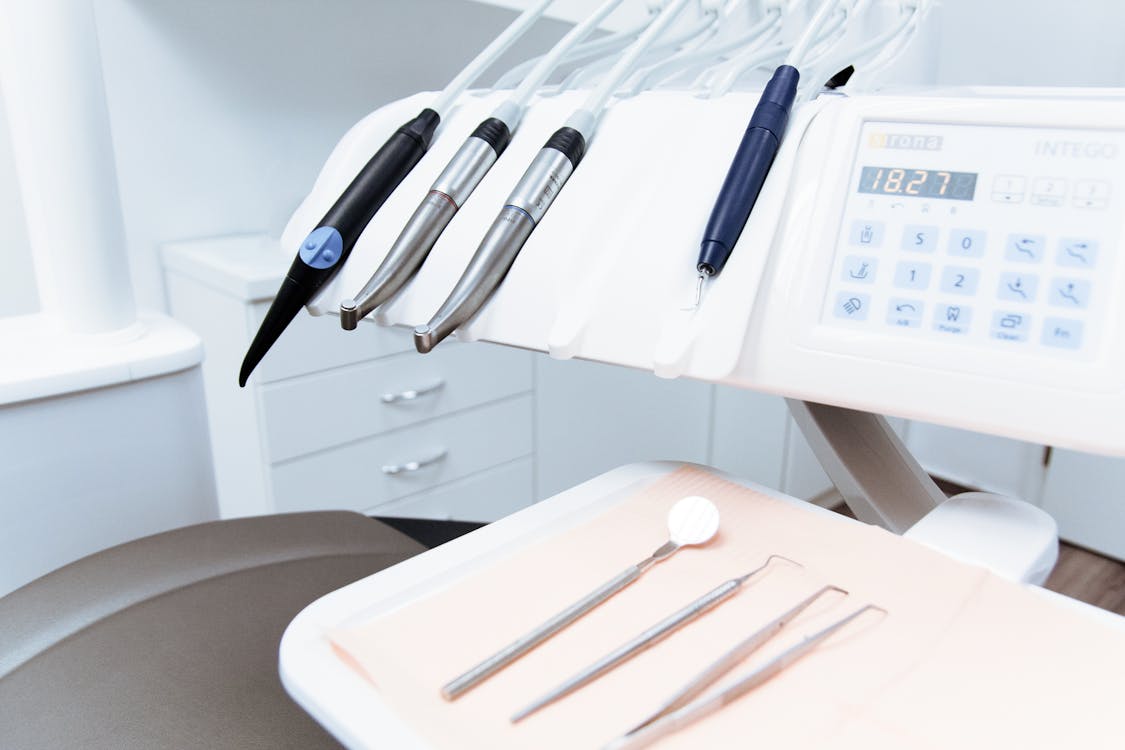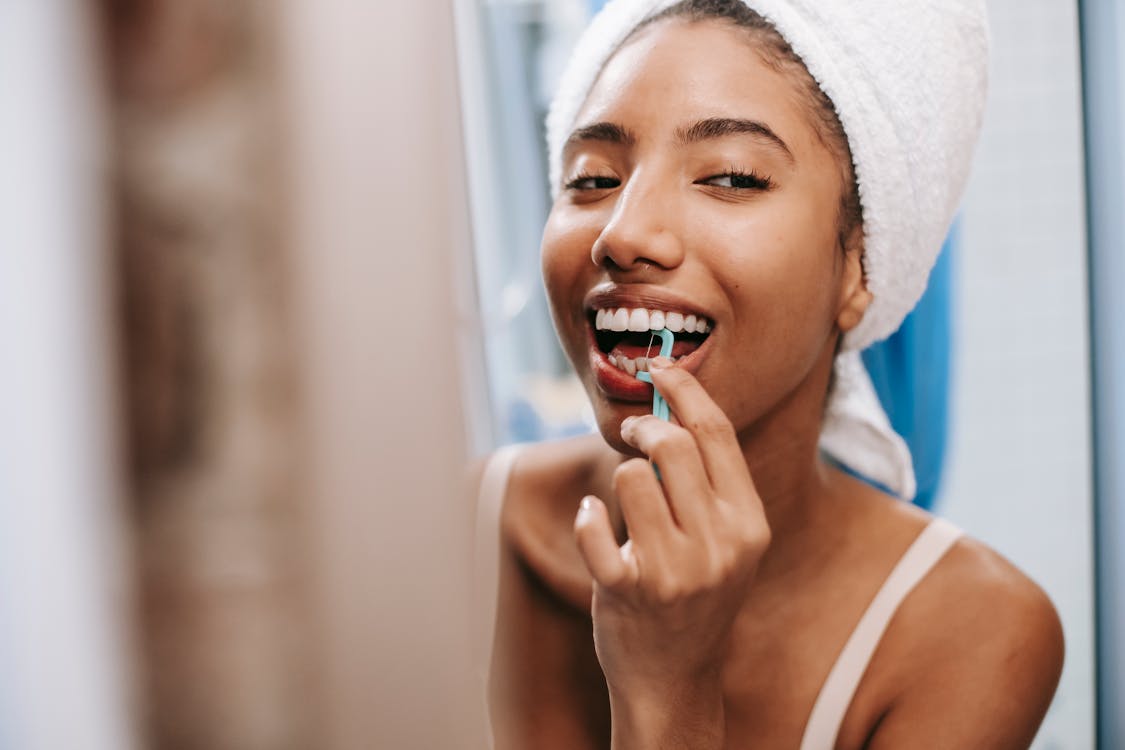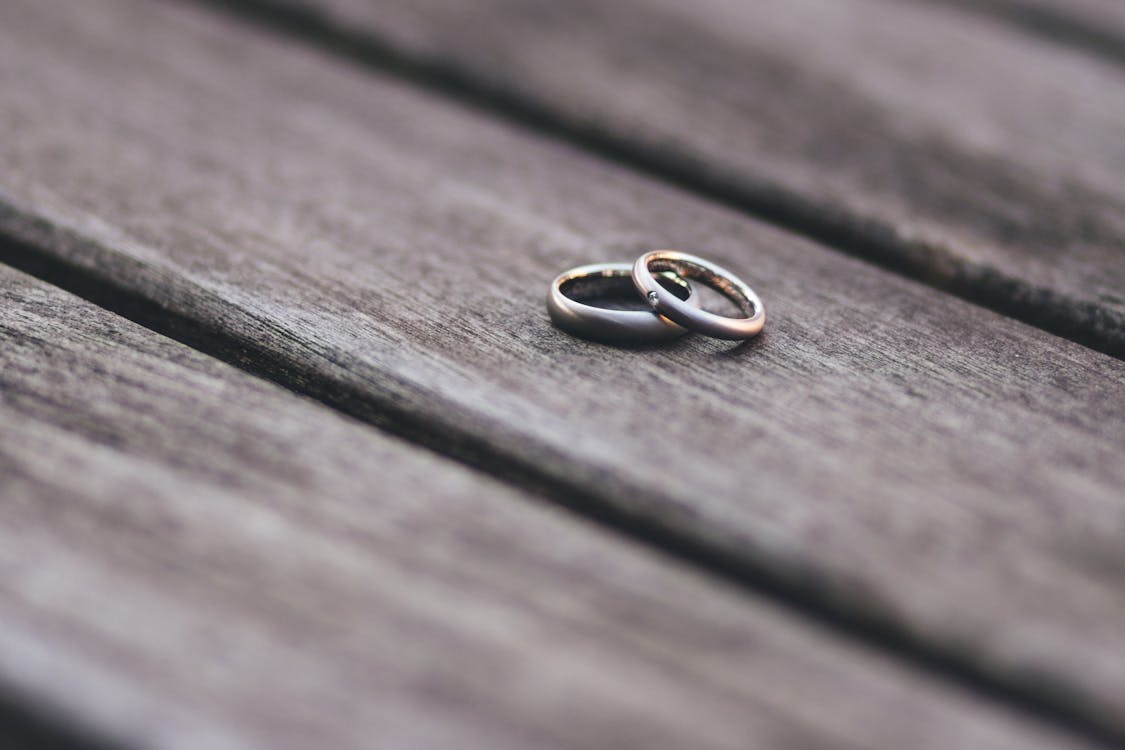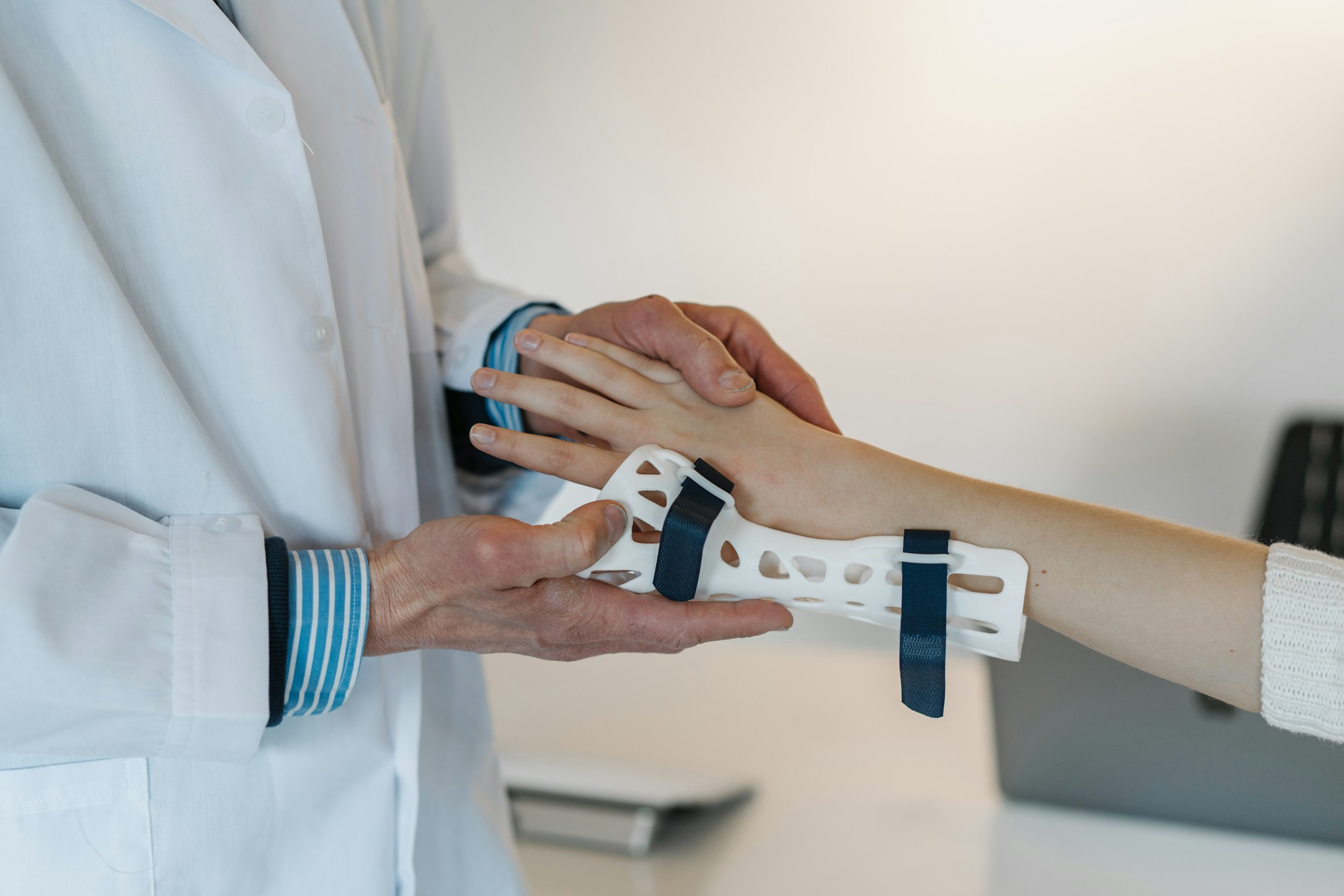Things you should know about your teeth and why you should use sonic toothbrushes
Table of Contents
Did you know that mouthwash alone does not have any cleansing action on our teeth, and it merely helps to cover smells? And just by losing one molar, we decrease our ability to chew by 10 per cent? These are some dental facts shared by Dr Sebastien Bui, Dentist and Senior Clinical Team Leader at Zenyum. And according to him, even though people know that daily flossing should be part of dental hygiene, many still don’t do it. Yahoo Shopping got chatting with the dental professional to clarify some nagging misconceptions about dental care, tips on teeth maintenance, why your friend’s teeth are brighter than yours and if you should incorporate sonic toothbrushes into your daily dental routine.
On dental habits & cleanliness
Yahoo Shopping: Contrary to popular belief, I heard that fluoride is actually not good for our teeth. Is that true?
Dr Sebastien Bui: Fluoride, in low doses, protects our teeth from tooth decay because of their antimicrobial and remineralising properties. There is no risk of using fluoride daily as the toothpaste concentration is low and not ingested.
Some dentists propose brushing our teeth after every meal. Isn’t that too frequent and harsh on our gums?
Brushing after every meal helps to maintain your mouth’s cleanliness. In addition, it reduces sugar levels and prevents bad breath. Opt for soft bristles that provide gentle brushing.
Is there an ideal number of times to brush our teeth in a day?
Three times is recommended: after breakfast, after lunch and after dinner.
Do we need to throw away our toothbrushes every three months?
Yes, this is the average service life of a toothbrush. After three months, the bristles start to wear out, and the mechanical effect of brushing is no longer effective.
How much toothpaste is required for a good clean?
Usually, less than 1cm long is sufficient.
What ingredients should we look out for when shopping for toothpaste?
Fluoride is an essential component of toothpaste due to its anti-decay property. Avoid ingredients such as triclosan (an antiseptic that can affect bacterial resistance or hormone balance) and abrasive ingredients derived from chalk and silica; they are not suitable for tooth enamel.
Is there a need to change out our toothbrushes after an illness? Does pouring boiling water on our toothbrush help to sterilise the germs?
It is ok to sanitise your toothbrush with boiling water. Ensure that no one else in the household shares your toothbrush whether one is sick or not. A toothbrush is personal and should never be shared.
On Electric/Sonic toothbrushes
What are the differences between electronic and sonic toothbrushes?
The difference is essentially about the technology. Electric means the movements are mechanical; the brush rubs with a rotary motion against the tooth surface to remove the dirt. In comparison, sonic refers to the use of vibration technology to clean the teeth. The vibrating frequency must be fast enough to be classified as a sonic toothbrush.
What are the pros and cons of using electric or sonic toothbrushes? Is it preferred over the use of our hands?
Electric or sonic toothbrushes are as effective as manual ones if the technique is well-executed. The ideal technique consists of ensuring every interdental area, as well as the gum junctions, are covered. Otherwise, the brushing is not efficient.
Would using an electric toothbrush make us lazy in the long run?
‘Learning never exhausts the mind,’ says Da Vinci. After learning to use your toothbrush correctly, you stop focusing on the chore and technical part, and it becomes a relaxing and enjoyable daily routine. There is no reason to become lazy!
What features should we look out for when buying an electric toothbrush?
I recommend selecting a toothbrush with a rechargeable battery and interchangeable bristles; it lasts longer. In addition, your toothbrush should make brushing more comfortable, not more complicated. Also, pick an attractive design with an excellent grip, and choose soft bristles as it prevents causing damage to your gums or tooth enamel.
Includes Day & Night Toothpaste 25ml + Limited Edition Premium Travel Pouch
Matte Black/White/Pink (Designed in Singapore/ 33,000 Sonic Vibrations/ 2-Minute Quad Interval Timer/ 3 Modes: Whitening, Gentle & Deep Cleaning/ Good for Braces & Teeth/ Soft Bristles)
Features: Rechargeable with 3 Modes, 21-Day Battery Life, 2 Minute Pro Timer and Wireless Charging Dock
Deeper Moisturizing Effect, Power-Lasting Hydration
On dental tips
Are we able to use the bristles to clean our tongues? Is that hygienic or effective? Should we get tongue scrapers to do the job?
Tongue scrapers do the job well, but some people don’t like the feeling of scraping, so using your toothbrush is fine as well. Toothbrushes are hygienic; they can be sanitised in mouthwash.
Any tips on lifestyle or diet to share for keeping our teeth in tip-top condition?
Observe a healthy lifestyle: reduce consumption of refined sugar, avoid taking snacks between meals, avoid smoking, brush your teeth after each meal when possible but most importantly, after the last meal of the day. Book a follow-up consultation with your dentist at least once a year.
Are our teeth meant to last us a lifetime, or are we destined to wear dentures in old age?
Teeth are part of our body and are meant to last a lifetime. Therefore, wearing dentures at an advanced age is not a fatality.
On brightening our pearlie whites
Why do some people have naturally white teeth while others have yellow ones, no matter how diligent they are in their dental hygiene? Is it hereditary or due to our lifestyles?
The tooth colour depends on genetics as well as lifestyle. Enamel is the superficial translucent layer of every tooth and has a natural shade of white. However, the underlying dentin layer has a slightly yellowish colour. Therefore, naturally thin or more translucent enamel accentuates the yellowish hue of the teeth. On top of that, habits like incorrect tooth brushing, smoking, and frequent consumption of food like coffee, tea, and spices, can exacerbate yellow teeth by staining the surface.
Tooth powder vs toothpaste. What are the main differences, and which would you recommend?
As a dentist, I only have two recommendations: no matter which type of toothpaste you pick, ensure that it contains very few small polishing particles, and prioritise the mechanical action of brushing over fancy toothpaste. Polishing particles can have an abrasive effect on the tooth surface and lead to enamel wear and tooth sensitivity in the long run.
Any tips on keeping our pearly whites as bright as possible?
Reduce consumption of coffee, tea, and other food that stains. Brush your teeth after each meal when possible and visit your favourite dentist for dental scaling.
Shop Lazada x Zenyum Oral Care Surprise Box 1
Shop Lazada x Zenyum Oral Care Surprise Box 2
Shop Lazada x Zenyum Oral Care Surprise Box 3
Travelling soon? Try the new portable ZenyumSonic Go Toothbrush!
More on Dr. Sébastien Bui
Dr Sébastien Bui graduated with a Doctor of Dental Science in 2013 from the University of Paris (France) and worked as a general practitioner in Paris. He specialises in Prosthodontics especially dental bonding and minimal invasive prosthetics (inlay, onlay, endocrown) and has led the dental department at Rothschild Public Hospital of Paris since 2018. Dr Sébastien was certified Invisalign Provider in 2018. In 2020, he moved to Asia to help people smile more and provide his knowledge for Zenyum.
Originally published






